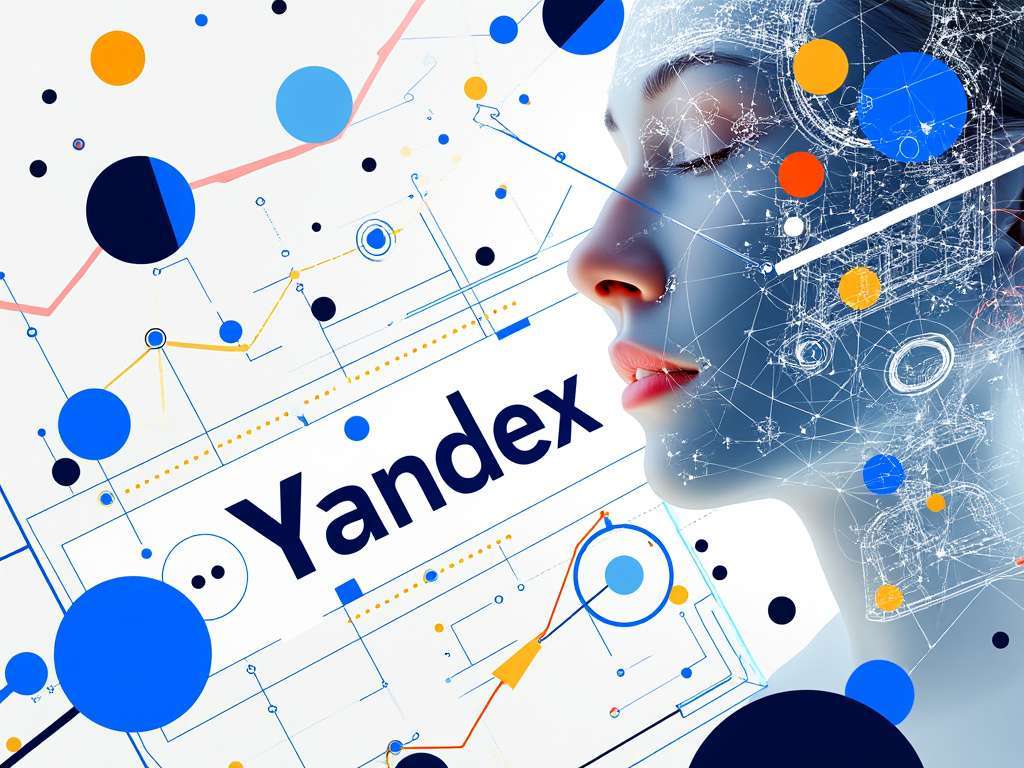
Have you noticed how search engines seem to understand exactly what you’re looking for, even if you don’t type in the perfect keywords? That’s because traditional search engines are evolving into AI search engines—or as some experts are now calling them, answer engines. These advanced platforms use artificial intelligence to deliver precise answers by understanding user intent and context, rather than just matching keywords. Let’s explore some of the leading AI search engines shaping our online experiences.
What Makes AI Search Engines Different?
Ever wondered why AI search engines are considered the future of online information retrieval? Unlike traditional search engines that list websites based on keyword matches, AI search engines generate content autonomously, change titles and descriptions, and use complex algorithms to interpret what you’re really asking. This means they can provide more accurate and personalized answers, but it also raises questions about biases and transparency.
Google Search: The AI Pioneer
Why is Google still the go-to search engine for most people? Google has integrated AI technologies like BERT and MUM to better understand natural language and context. This allows it to provide highly relevant search results that align closely with your intentions.
- Benefits: Delivers accurate and personalized results, supports voice and visual search, and offers a wide range of services.
- Shortcomings: Concerns about data privacy due to extensive data collection.
- Risks: Potential for algorithmic biases affecting search outcomes.
- Special Considerations: Focus on creating high-quality, intent-driven content to perform well on Google.
Visit Google: www.google.com
Microsoft Bing: Chatting with Your Search Engine
Have you tried conversing with a search engine? Microsoft Bing has incorporated AI to offer a conversational search experience, making it feel like you’re chatting with a knowledgeable friend.
- Benefits: Provides interactive answers, integrates seamlessly with Microsoft services, and understands complex queries.
- Shortcomings: Smaller user base compared to Google.
- Risks: AI-generated content may occasionally be inaccurate.
- Special Considerations: Ensure your content is clear and aligns with user intent to rank better on Bing.
Visit Bing: www.bing.com

Baidu: China’s AI Answer Engine
Curious about how search works in China? Baidu uses AI to deliver context-aware results tailored to Chinese users, effectively bridging language and cultural nuances.
- Benefits: Deep understanding of Chinese language, offers voice and image search.
- Shortcomings: Limited to the Chinese market.
- Risks: Government regulations may influence content availability.
- Special Considerations: Localize your content and adhere to Chinese laws to succeed on Baidu.

Yandex: Russia’s AI-Driven Search Platform
What sets Yandex apart in the Russian search market? Yandex leverages AI to offer personalized search results, understanding the intricacies of the Russian language and culture.
- Benefits: Strong localization, various integrated services like maps and email.
- Shortcomings: Less global reach compared to other search engines.
- Risks: Regional biases may affect the diversity of information.
- Special Considerations: Use Cyrillic keywords and cater to Russian user preferences.
Visit Yandex: www.yandex.com
DuckDuckGo: Privacy Meets AI
Worried about your online privacy while searching? DuckDuckGo offers AI-enhanced search results without tracking your personal data, giving you peace of mind.
- Benefits: No data tracking, straightforward and unbiased results.
- Shortcomings: Less personalized experience due to lack of data collection.
- Risks: Might miss out on the convenience of tailored search results.
- Special Considerations: Ideal for users who prioritize privacy over personalization.
Visit DuckDuckGo: www.duckduckgo.com

Brave Search: Customized and Private
Can you have both customization and privacy in a search engine? Brave Search thinks so. It combines AI capabilities with strong privacy features, allowing you to customize your search experience without compromising your data.
- Benefits: No tracking, customizable settings, unbiased results.
- Shortcomings: Smaller index might lead to fewer search results.
- Risks: Less mature AI could impact result accuracy.
- Special Considerations: Great for users seeking a balance between AI benefits and privacy.
Visit Brave Search: search.brave.com
Mojeek: The Independent Choice
Looking for an alternative to big tech search engines? Mojeek offers a fully independent search experience, building its own index and emphasizing privacy.
- Benefits: No tracking, unique index, commitment to unbiased results.
- Shortcomings: Smaller scale means fewer results.
- Risks: May not capture all available information.
- Special Considerations: Best for those who value independence and privacy in their search engine.
Visit Mojeek: www.mojeek.com
You.com: Personalize Your Search
Want to tailor your search engine to your preferences? You.com allows you to customize your search environment and uses AI to provide relevant results.
- Benefits: Personalized interface, AI chat features, user-centric design.
- Shortcomings: Being newer, it has an evolving feature set.
- Risks: Might lack the depth of more established search engines.
- Special Considerations: Perfect for users who want control over their search experience.
Visit You.com: www.you.com
The Shift to Answer Engines
Why are experts suggesting we call them ‘answer engines’ now? Because these AI search engines don’t just find information—they generate content, change titles and descriptions, and provide direct answers based on user intent and context. This shift enhances user experience but also introduces potential biases and ethical considerations.
The Benefits and Risks of AI Search Engines
What are the advantages of using AI search engines? They offer more accurate and personalized results, understand natural language, and can handle voice and image searches. However, what risks should you be aware of? AI algorithms can introduce biases, and there’s potential for misinformation if the AI generates incorrect content.
Special Considerations for Users and Content Creators
How can you make the most of AI search engines while mitigating risks? Be critical of the information you receive, especially from AI-generated content. For content creators, focus on Answer Engine Optimization (AEO) by creating high-quality, intent-focused content that answers users’ questions directly.
Embracing the Future with Caution
Are you ready to navigate the new landscape of AI search engines? While they offer incredible benefits, it’s essential to remain mindful of their shortcomings and risks. By staying informed and adapting your approach, you can enjoy the advantages of AI search while minimizing potential downsides.

Comments